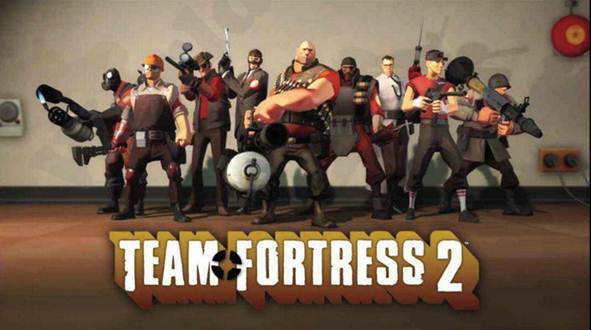Does Microsoft's new OS approach signal the
end for PC Gaming?
However you look at it, Windows 8 is going
to be a major departure from previous Windows releases. The inclusion of
platforms beyond those licensed by Intel is a radical move, as is banishing the
Start button.
But the most radical change that Microsoft
proposes is the inclusion of an Application Store, like those already found on
Apple and Android products. The implications of this seemingly insignificant
change are both global in reach and go to the very foundations of the PC
platform.
Has Microsoft found a way to finally kill
off the PC as a gaming platform, or is it more subtle a change than that?

Does
Microsoft's new OS approach signal the end for PC Gaming?
Walled garden under construction
Last week, Windows 8 was officially
released to manufacturing. That means that we're not on a countdown to launch
that probably can't be halted, and whatever is in that 'Gold' version is what
retail customers will experience approximately ten weeks from now.
We have some idea what is in there, because
Microsoft very kindly gave out two preview version of the code, in an attempt
to find out what the users like and what might be contentious.
Some items, like the Metro interface, have
agitated end users, but the one that's really concerning software developers
are the new rules concerning Metro applications (and the Application Store
through which they must be downloaded).
The rules are simple: to develop Metro
applications you must have a developer license from Microsoft, which is
currently free. Any software you develop must be approved and licensed through
Microsoft, can only be accessible through the Microsoft Store, and paralleling
Apple, the Redmond based company gets 30% of anything you make from store
purchases!
Actually, it's more 'fun' than that.
According to developer costing documents that Microsoft released here's some of
the critical data for developers:
·
Apps can be free, until Microsoft decide
otherwise
·
the minimum cost for an app is $1.49 and the max
is $9.99
·
Initially Microsoft gets 30%, but this drops to
20% when the app makes more than $25,000.
·
You won't get any money until your app sells
more than $200.
·
You'll need a Store developer account, costing
$49 a year for individuals and $99 for companies.
Metro-a-no-no
Just when writers and potential end-users
had got used to the notion of the 'Metro' side to Windows 8, a spanner got
thrown in the finely oiled Microsoft mechanism when it was revealed that it
can't use the term 'Metro'. It's apparently the registered trademark of a
German company, among other things, which makes you wonder why Microsoft didn't
work this caveat out some considerable time ago.

If Microsoft gets its way, is it the end for Steam and imaginative titles
like Team Fortress 2?
According to a leaked internal memo, the
Windows team is "working on a replacement term", like they've not got
anything else to do since they finished the project.
While they think up a new name we're
supposed to call that part of the Windows 8 experience the "Windows 8
style Ul" as a snappy alternative.
Personally, I'd go with something that
better describes what the user will think on a desktop PC with a mouse. Perhaps
'Clunky' is a good choice?
At the time of writing there are rumors
circulating that actually, according to the license documentation developers
have been sent, the licensing rules apply to all Windows 8 applications, not
just Metro ones. But at the time of writing, I can't confirm or deny that
aspect, though it would be a huge story if true.

Gabe Newell, co-founder of Valve, described Microsoft's plans as “...a
catastrophe for everyone in the PC space"
What we can confirm is that Windows 8 has a
locked downside where Microsoft gets to completely control what applications
you load, from whom, and how much money from their owns work developers are
allowed to keep.
From the perspective of software
developers, most pertinently ones like Valve who operate their own software
portals, this looks like very bad news. It could be the death blow for a
business that's already suffered as the console market has grown.
But the construction of a PC walled garden
isn't part of a new plan that could damage PC gaming, it's also a continuation
of a negative strategy that started some time ago with the DirectX API.